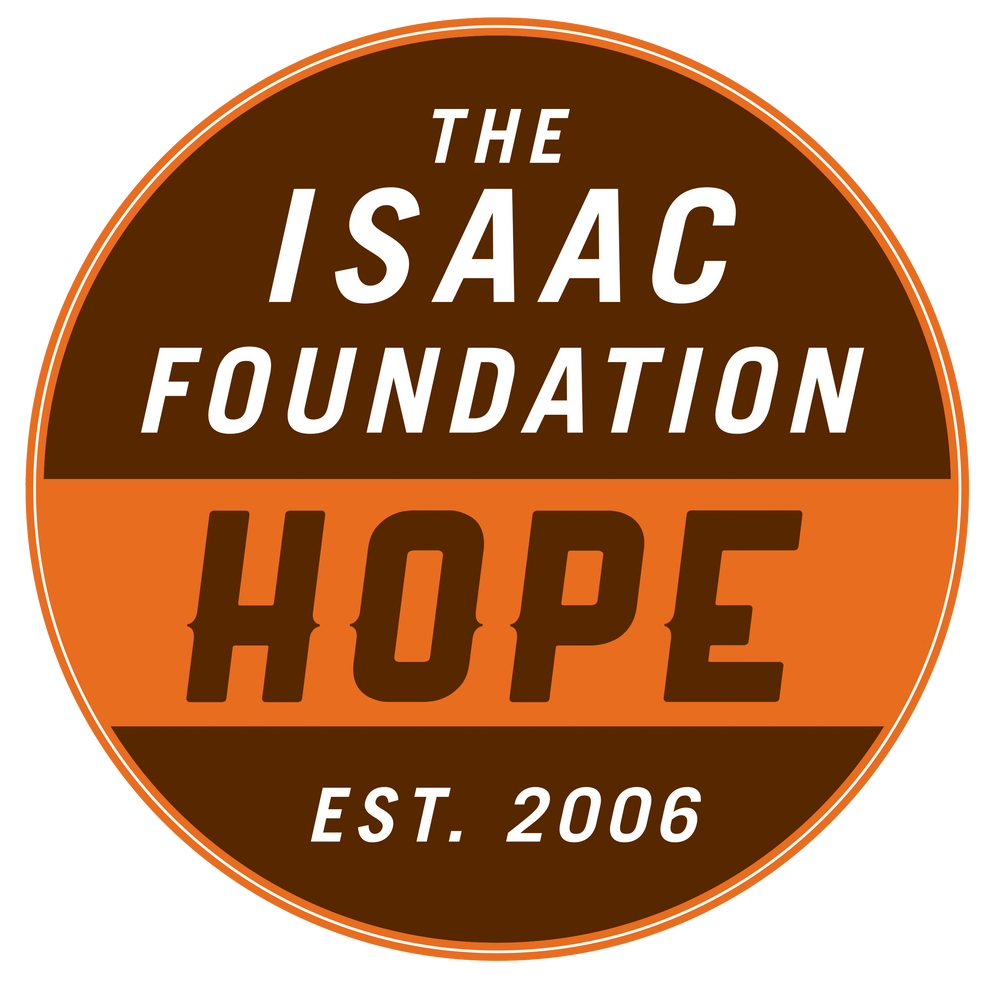



Published: 9/4/2014
PC Leadership Candidates Continue Silence On Funding For Rare Disease Treatments in Alberta
In a leadership race widely criticized as being void of ideas and real policy debate, The Isaac Foundation is again offering candidates an opportunity to get on record about an issue affecting the lives of a number of Alberta children.
Last week, the Foundation requested candidates state their position on treatments for rare diseases that affect Albertans; treatments that traditionally come with a high cost but also prove lifesaving for affected individuals. Thus far, all three candidates have refused to share their views on the importance of such treatments and how they can be accessed by those in need.
Andrew McFadyen, Executive Director of The Isaac Foundation, highlighted the recent case of Aleena Sadownyk, a 4-year old St. Albert toddler that suffers from MPS VI, a very rare, progressive, and debilitating disease that attacks the bones, tissues, organs, and muscles. Without access to a weekly enzyme replacement therapy (ERT), Sadownyk would have developed bone and joint disease, heart and airway disease, progressive stiffening of the joints, and had a severely shortened life-span. Initially, Sadownyk was denied access to the life-saving treatment through the Alberta Rare Diseases Funding program due to its high cost, estimated at close to $300,000 per year. After a very public advocacy campaign that garnered national support, and with tireless help from Alberta MLA and Wildrose Health Critic Heather Forsyth, Sadownyk had her treatment approved. Today, she is thriving, happy, and the disease progression has been halted.
Currently, there are 5 other children in Alberta suffering from a similar form of the disease. Morquio A, or MPS IVA, manifests itself with the same devastating symptoms that Aleena was facing. Health Canada approved the first and only treatment for the disease 10 weeks ago and the only hurdle for patients in Alberta to starting treatment immediately is reimbursement by the Alberta government. Without the political will to ensure that rare disease treatments are a priority in Alberta, reimbursement for treatment could take upwards of 3 years, a timeline that McFadyen says is detrimental to the long-term health and well being of patients.
McFadyen admits that he is frustrated by the lack of response from the candidates vying to become the next Premier. “The leadership vote is set to begin Friday morning, and Albertans deserve to know where the candidates stand on rare disease treatment funding prior to casting a ballot. To date, the race has been preoccupied with expense and travel scandals but these children need action and they need a commitment from their future Premier today. I’ve had healthy and productive discussions with high-level bureaucrats at Alberta Health Services, and I’ve had a series of meetings with Wildrose Health Critic Heather Forsyth and leader Danielle Smith, who have both been committed to ensuring those in need get the equal access to the health care system that they deserve. But there continues to be a lack of will from the candidates to do the same.”
He adds, “Leadership is about recognizing issues of importance to those that you hope to represent, and silence on this issue leads one to question where health care priorities lie with these candidates. Any one of these politicians can make an immediate and significant impact on the lives of children suffering from MPS, and I implore them to share where they stand on this issue before Election Day.”
# # #
For more information about this topic, or to schedule an interview with The Isaac Foundation, please call our our Executive Director at 613-328-9136 or email Andrew at mcfadyena@me.com.